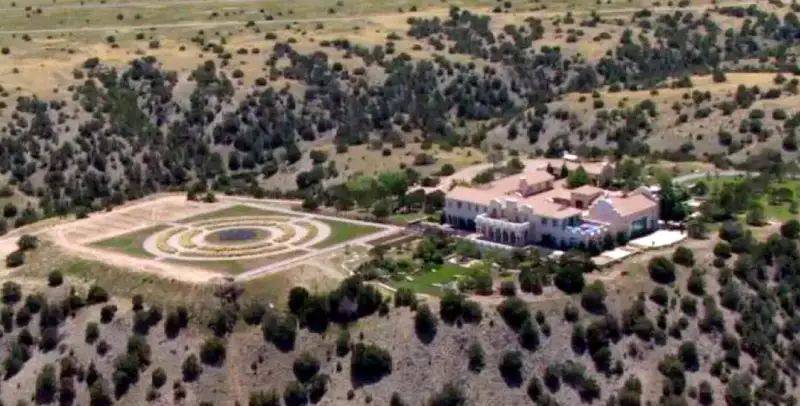
New Mexico lawmakers are taking decisive action to uncover the truth about Jeffrey Epstein's activities at a remote desert property, launching a formal investigation into the notorious financier's operations in the state.
The Push for Transparency
A bipartisan group of state legislators has introduced a memorial calling for a thorough examination of Epstein's connections to the secluded Zorro Ranch. The move comes amid growing concerns about what exactly transpired at the 10,000-acre property located south of Santa Fe.
"The public deserves to know what crimes were committed in New Mexico and who was involved," stated Senator Nancy Rodriguez, one of the memorial's sponsors. "We cannot turn a blind eye to potential trafficking and abuse that may have occurred right here in our state."
A Pattern of Suspicious Activity
The investigation aims to uncover:
- Epstein's business dealings and property acquisitions in New Mexico
- Potential sex trafficking operations at the desert ranch
- Identification of all visitors and associates who frequented the property
- Local law enforcement's knowledge of activities at the ranch
- Possible connections to other Epstein properties and operations
Historical Context and Ongoing Concerns
Epstein purchased the New Mexico ranch in the 1990s, and the property has long been shrouded in mystery. Despite his 2008 conviction in Florida and subsequent 2019 federal charges, many questions remain unanswered about his New Mexico operations.
"This isn't just about looking backward," explained Representative Roger Montoya. "It's about ensuring justice for any victims and understanding how such operations could exist undetected for so long."
What the Investigation Could Reveal
Lawmakers hope the probe will:
- Provide closure for potential victims in New Mexico
- Identify any local officials who may have enabled Epstein's activities
- Reveal the full extent of Epstein's network in the Southwest
- Lead to policy changes to prevent similar situations
The memorial has gained significant support across party lines, reflecting widespread concern about the case's implications for New Mexico's reputation and commitment to justice.





